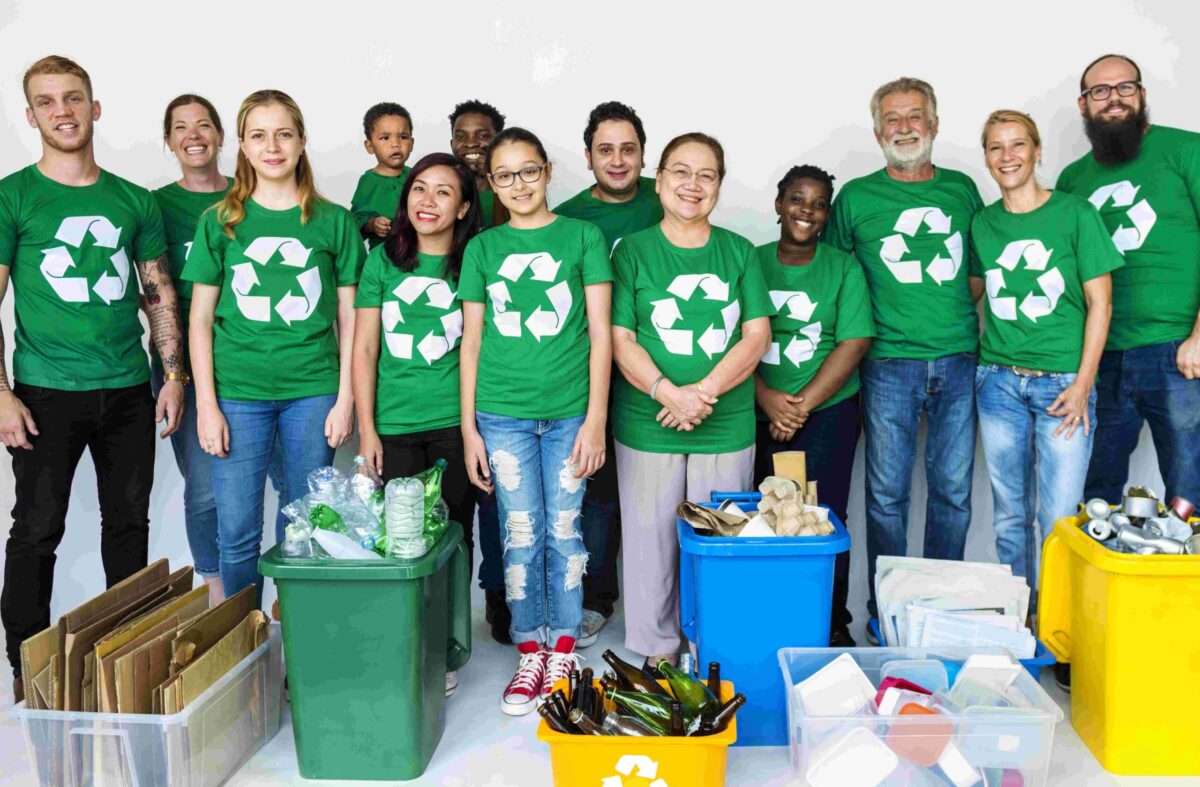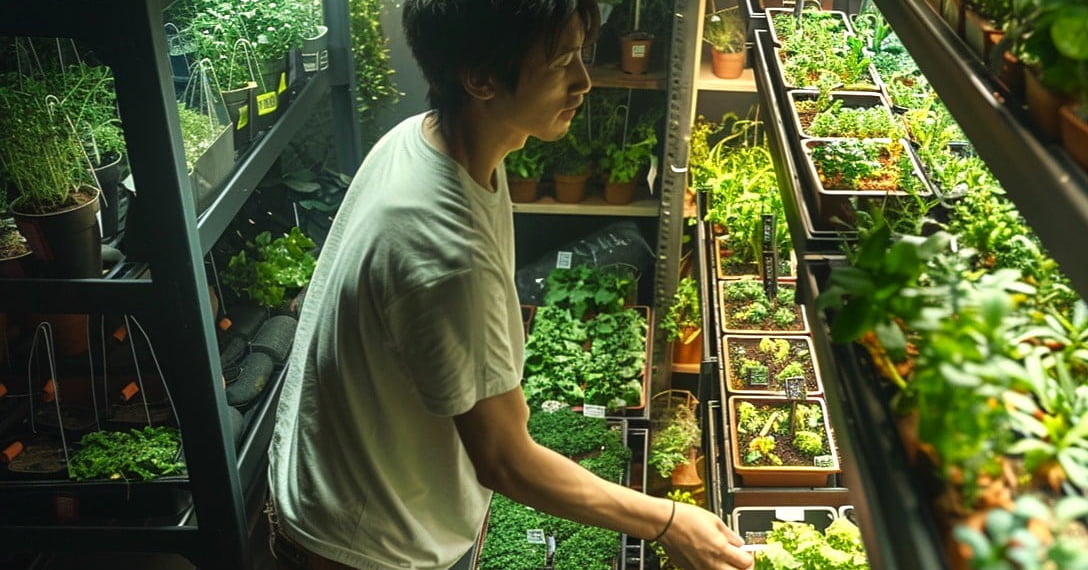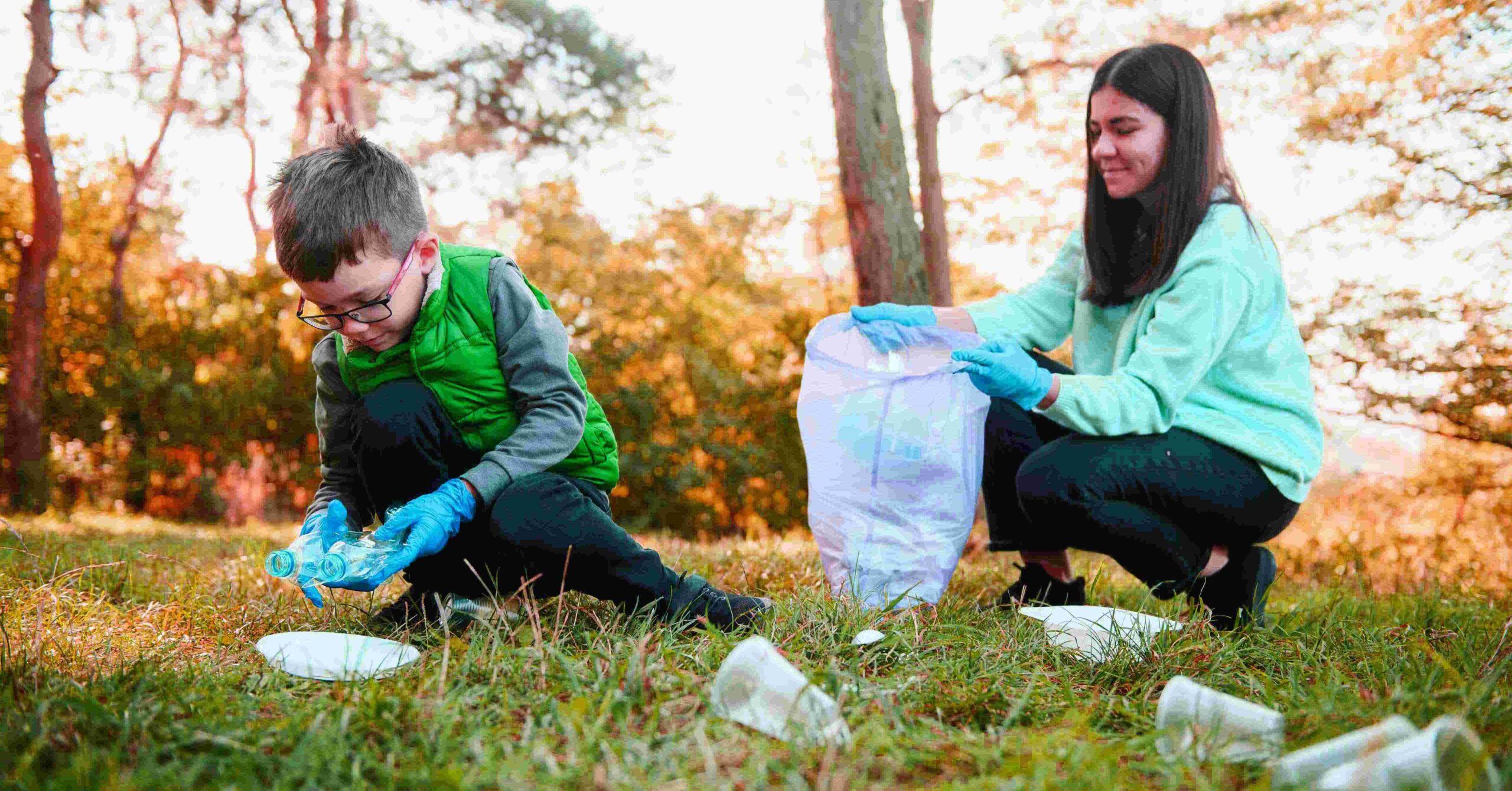What is Sustainability
The goal of sustainability is to satisfy present demands without endangering the future generations ability to satisfy their own. It involves making responsible and effective use of resources, reducing the negative effects on the environment, and guaranteeing social justice and economic viability.
Being sustainable, is a balanced approach that supports ecological integrity, human well-being, and long-term prosperity. It includes ethical production, environmental guardianship, and long-term economic health. Essentially, the goal is to establish resilient and regenerative systems and practices that promote a peaceful coexistence of humans and the environment.
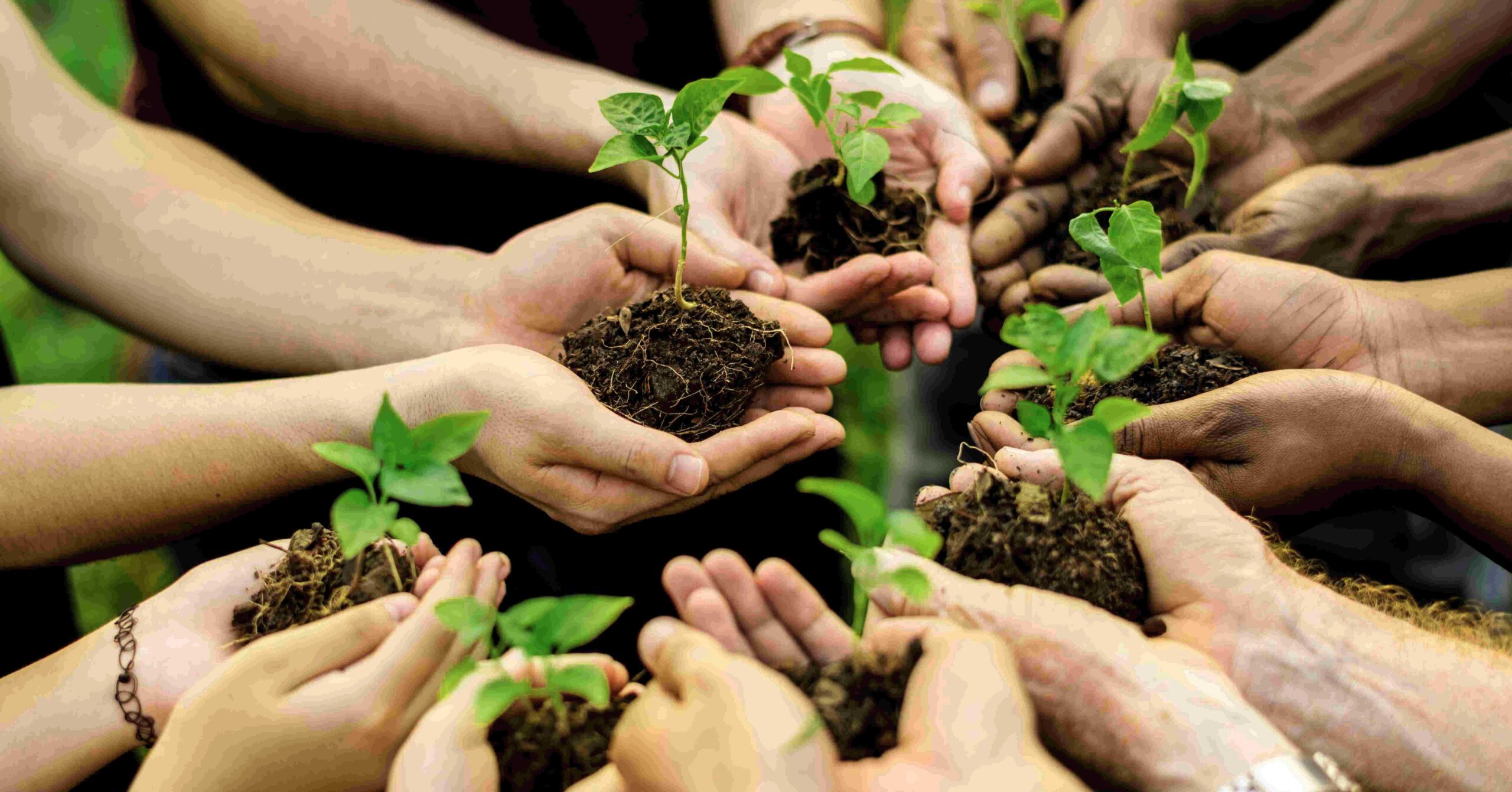 What is Sustainable consumption and production
What is Sustainable consumption and production
Consumers in the modern world are searching for goods that not only fulfil their requirements but also reflect their ideals. Consumption is becoming more environmentally sensitive as worries about social justice, environmental degradation, and climate change grow.
Demand for goods with low environmental impact, ethical production practices, and sustainable materials is being driven by this trend.
Growing Environmentally aware consumerism
The effects that our purchased products have on the environment is the driving force in the emergence of eco-conscious consumerism. Thanks to social media for growing knowledge and information access, so that consumers are more conscious and empowered than ever. They are examining labels closely, investigating business practices, and promoting accountability and openness.
Sustainable product design
One of the key pillars of eco-conscious consumption is the use of new researched innovative materials. Companies are increasingly turning to renewable resources, recycled materials, and innovative alternatives to environmentally harmful substances. For instance, Swedish furniture giant IKEA has committed to using only renewable and recycled materials in all its products by 2030. Their sustainable initiatives include sourcing wood from responsibly managed forests and investing in circular design principles to minimize waste.
Ethical Practices for Sustainable Production
In addition to using sustainable materials, ethical production practices are essential for eco-conscious consumers. This ensures fair wages, safe working conditions, and respect for workers’ rights throughout the supply chain. Patagonia, the outdoor apparel company, is renowned for its commitment to ethical manufacturing. They provide fair wages, support community development projects, and promote transparency by sharing information about their suppliers on their website.
Sustainable-ethical brands are increasingly transparent about their supply chains. This allows consumers to trace the origin of materials and ensure responsible sourcing throughout the production process.
These practices often lead to better product quality. Eco-conscious brands tend to prioritize long-lasting, well-made products over cheap, disposable items.
Minimal Environmental Footprint
Reducing the environmental footprint of products is another critical aspect of eco-conscious consumption. This involves minimizing energy consumption, water usage, and greenhouse gas emissions at every stage of the product lifecycle, from sourcing raw materials to manufacturing, distribution, and disposal. Tesla, the electric vehicle manufacturer, epitomizes this principle by producing cars powered by renewable energy and implementing sustainable practices in their factories, such as using recycled water and solar panels.
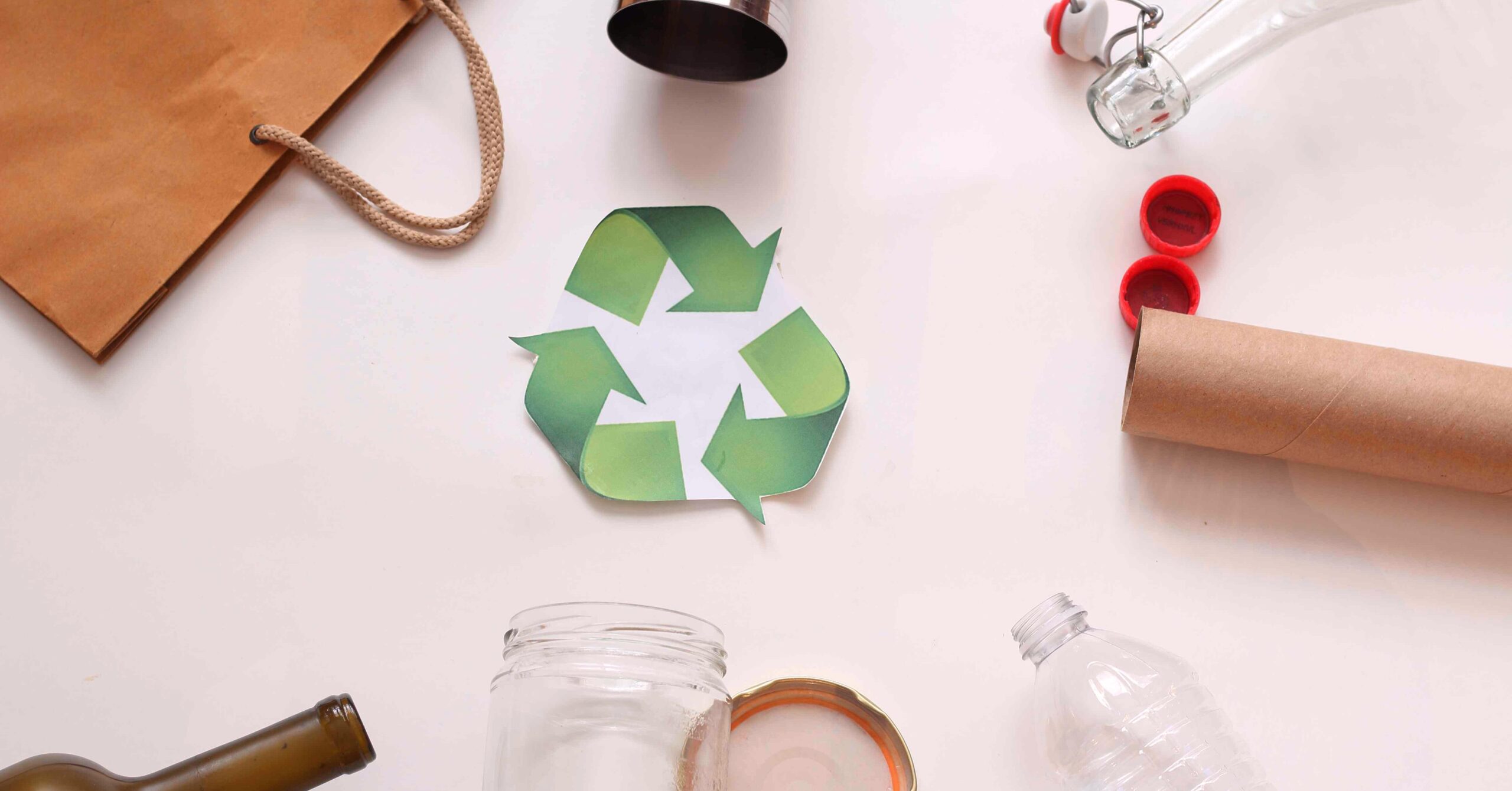
Sustainability & Ethical Products Categories: Examples & Tips
1. Fashion
- Organic Cotton Clothing: Brands like Patagonia and Everlane offer clothing made from organically grown cotton, reducing water and pesticide use.
- Recycled Materials: Veja uses recycled plastic bottles to create stylish sneakers, while Reformation produces trendy clothing from deadstock fabric.
- Fair Trade Certified Clothing: Look for the Fair Trade Certified label to ensure fair wages and safe working conditions for garment workers. People Tree and Matt & Nat are great examples.
- Sustainable Leather Products: Brands are now committed to source leather from ethically managed animal farms and use eco-friendly tanning processes that minimize chemical usage and water consumption. Certifications from the Leather Working Group (LWG) which rates tanneries based on their environmental and social performance.
2. Personal Care and Beauty
- Natural and Organic Ingredients: Brands like Burt’s Bees and Dr. Hauschka prioritize natural and organic ingredients, avoiding harsh chemicals and promoting skin health.
- Cruelty-Free and Vegan Products: Companies like Lush and The Body Shop are committed to cruelty-free practices, not testing products on animals. Look for the Leaping Bunny or Vegan certifications.
- Recycled Packaging: Refillery programs (like BYOC) from brands like REN or Lush offer sustainable solutions for reducing packaging waste.
3. Home Goods and Cleaning Products
- Recycled Plastic or Glass Products: Choose storage containers or water bottles made from recycled materials, minimizing reliance on virgin plastic.
- Sustainable Cleaning Products: Branch Basics and Biokleen offer effective cleaning solutions made with plant-derived ingredients, free from harmful toxins.
- FSC-Certified Wood Products: Look for the Forest Stewardship Council (FSC) certification, ensuring wood comes from responsibly managed forests.
4. Food and Beverages
Support local farmers and reduce your carbon footprint by buying seasonal produce from farmers’ markets or local farms. Opt for Fair Trade Certified coffee, tea, and chocolate, ensuring fair pay for farmers and better working conditions. Choose organic products to avoid exposure to pesticides and herbicides while promoting sustainable farming practices.
-
Fair Trade Coffee: Look for brands like Equal Exchange, Newman’s Own Organics, and Cafe Camino that prioritize fair prices paid to coffee farmers and sustainable farming practices.
-
Organic Produce and Meat: Companies like Whole Foods Market, Organic Valley, and Applegate Farms prioritize organic ingredients and humane animal treatment. You can also support local farms that practice organic and sustainable agriculture through farmers’ markets or Community Supported Agriculture (CSA) programs.
-
Seafood: Opt for brands committed to sustainable fishing practices, like Wild Planet (tuna) and Ocean Hugger Foods (plant-based seafood alternatives). Look for certifications like the Marine Stewardship Council (MSC) that ensure sustainable fishing methods.
-
Plant-Based Milk Alternatives: Oat milk, soy milk, and almond milk from brands like Oatly, Silk, and Califia Farms offer a sustainable and ethical alternative to dairy milk, especially when sourced from companies committed to responsible farming practices.
-
Local and Seasonal Produce: Supporting local farms and buying seasonal fruits and vegetables minimizes transportation emissions and fosters a more sustainable food system. Visit farmers’ markets or find local farm-to-table delivery services in your area.
**READ THIS ARTICLE ABOUT URBAN FARMING & ITS SUSTAINABLE ADVANTAGES**
5. Technology and Electronics
Look for Energy Star certifications when buying appliances to reduce your energy consumption. Investing in high-quality, long-lasting electronics from reputable brands like Fairphone or Patagonia minimizes waste and frequent replacements. Responsibly recycle your old electronics to prevent them from ending up in landfills. Many electronics retailers offer free recycling programs.
-
Durable Electronics: Brands like Samsung and LG are increasingly focusing on designing and manufacturing longer-lasting electronics that require less frequent replacements. Look for extended warranty options to further extend the lifespan of your devices.
-
Mobile phone: The Dutch company, Fairphone, is a pioneer in ethical phone manufacturing. They prioritize fair labor practices, conflict-free minerals, and modular design for easier repairs, reducing e-waste.
-
Energy-Efficient Appliances: Look for brands like Bosch and LG that offer appliances with Energy Star certifications, signifying their energy efficiency and lower environmental impact.
-
Refurbished Electronics: Companies like Apple and Amazon offer refurbished electronics at a discounted price. These devices are thoroughly inspected and come with warranties, making them a sustainable and budget-friendly option.
-
E-waste Recycling Programs: Many electronics retailers like Best Buy and Staples offer free e-waste recycling programs. Utilize these programs to ensure your old electronics are responsibly recycled instead of ending up in landfills.

Future of Sustainability and Ethical Consumption
The movement towards this philosophy has rapidly gained momentum. Consumers are becoming more conscious, & businesses are increasingly held accountable for their faulty practices. This shift presents a bright future where responsible production and mindful consumption become the norm.
By educating ourselves and making informed choices, we can collectively shape a future. Let’s continue sustainable living to create a world that thrives in harmony with nature and social responsibility.


